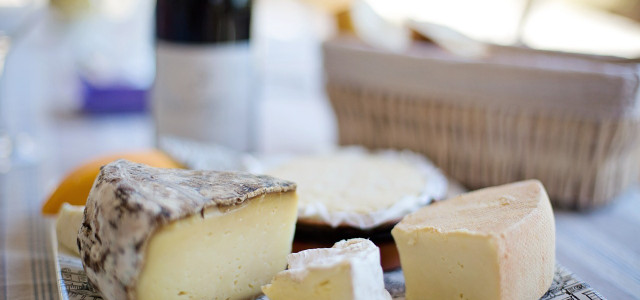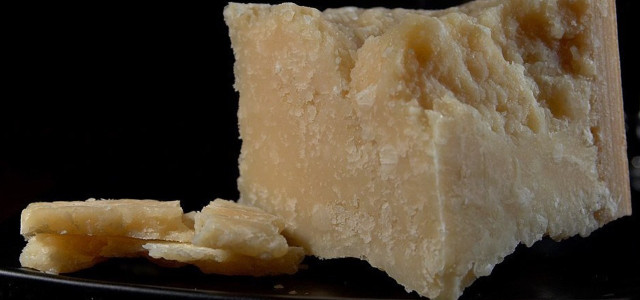Rennet is an important ingredient in the process of cheese making. Learn more about how rennet is used, as well as whether it is considered vegetarian or vegan.
What is Rennet?
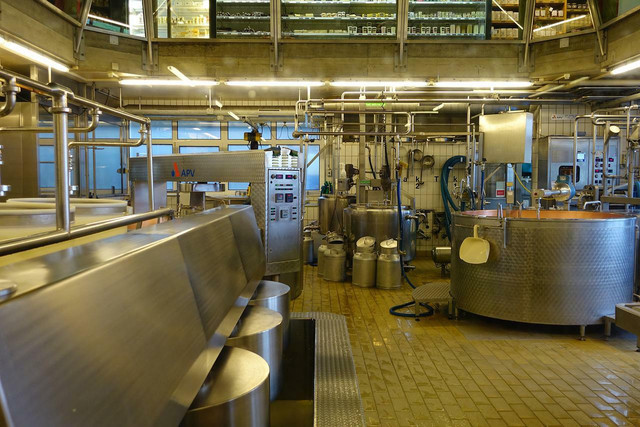
Rennet is an enzyme used in cheese production. It is used in the cheese-making process to cause milk to coagulate. Rennet does this by acting on the milk protein, causing them to clump together and trap fat, which results in the solid cheese product.
In cheese production, rennet is added to the milk and heated at high temperatures. The mixture’s temperature must reach 85°F to 105°F for the enzymes to be activated, and the rennet will coagulate until the mixture reaches 140F. The resulting solid cheese is then cut into slabs.
Is Rennet Plant-Based?
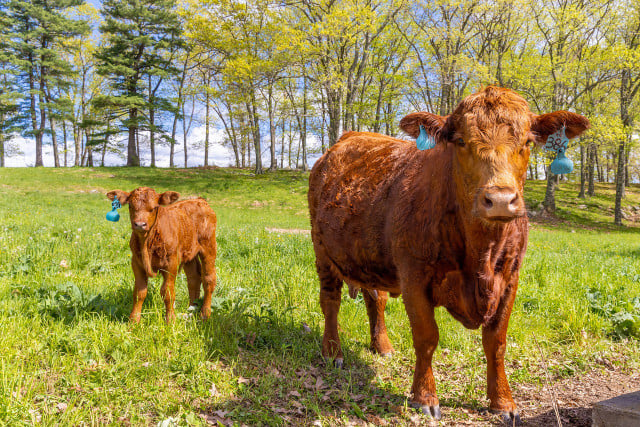


Rennet is an animal byproduct, which means that it is neither vegetarian nor vegan. Rennet is made up of an enzyme called Chymosin, derived from a newborn calf’s stomach lining. Piglets and lambs are other animals used as a source of Chymosin. Baby animals are the primary sources of this enzyme, as their stomach produces it in order to help them digest milk. As the animals get older and they move on to eating grass, the enzyme in their stomachs disappears. For this reason, vegetarians may not feel comfortable eating cheese that contains animal enzymes, Luckily, several vegetarian alternatives have been developed to suit vegetarian diets.
What Alternatives Are There?
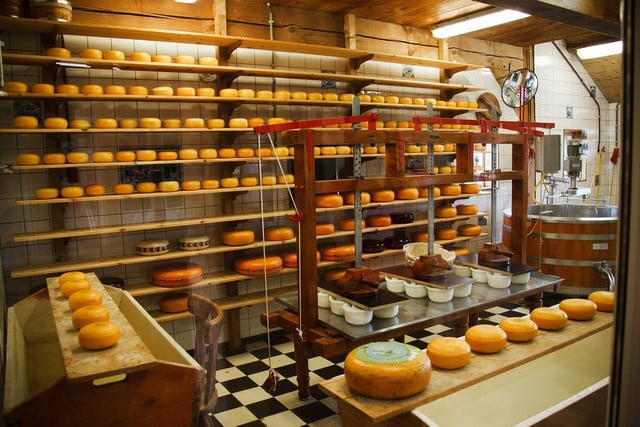


If you follow a plant-based diet, there are alternatives to rennet that are not by-products of animals. Vegetarian rennet is available and is derived most commonly from vegetable or microbial products.
Vegetarian rennet is often derived from fruits and vegetables such as fig leaves, melons, and wild thistles. In India, where cows are considered sacred animals, fruit trees are used instead of calf rennet. Another option is microbial rennet. In the process of acquiring microbial rennet, the enzymes are fermented after being collected from fungi or bacteria.
A more controversial alternative is genetically engineered rennet. This rennet is an increasingly common type used in cheese production as it is cheap and easy to produce. However, it cannot be considered vegetarian or vegan. A process called ‘Fermentation Produced Chymosin’ is used to produce genetically engineered rennet. A gene is taken from a calves’ DNA and then put into the DNA of yeast, mold, or bacteria. This genetically modifies the yeast, mold, or bacteria to secrete the rennet enzyme Chymosin. The rennet produced is, therefore, still technically an animal by-product as the DNA used has been extracted from a calf.
There are no direct rules in the US that state that brands must put labels on their cheese products to show whether animal enzymes have been used. The best way to ensure that cheese is vegetarian is to look out for Vegetarian Society Approved vegetarian and vegan trademarks on the packaging. Alternatively, shop in a cheese shop with knowledgeable cheesemongers who will be able to advise you on what cheeses are vegetarian.
Read on:
- The Best Homemade Vegan Cheese Substitutes
- Vegan Parmesan Cheese Recipe: How to Make It Yourself
- Making Your Own Vegan Feta Cheese
Do you like this post?






